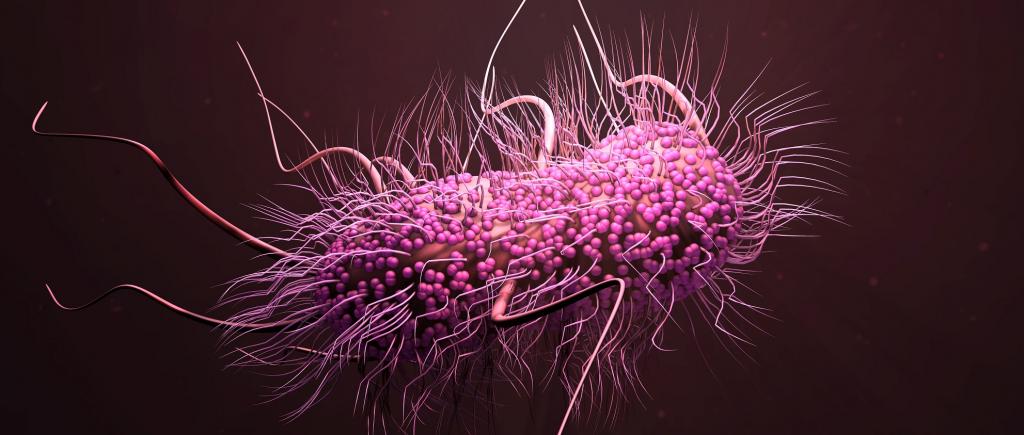Science & Technology
Superbugs Can Be Transmitted Through Plants
- 25 Jun 2019
- 2 min read
Researchers at the University of Southern California have found that anti-microbial resistant bacteria or superbugs can be transmitted to humans through plants.
- Antibiotic-resistant infections are a threat to global public health, food safety and an economic burden
 .
. - To prevent these infections, it is critical to understand how these bacteria are transmitted.
- Spread of antibiotic-resistant superbugs from plants to humans is different from outbreaks of diarrheal illnesses caused immediately after eating contaminated vegetables. Superbugs can asymptomatically hide in (colonise) the intestines for a long time while escaping and causing an infection.
- The study shows the linkage shared by the environment and human health to agriculture and microbiomes.
Superbug: It is a term used to describe strains of bacteria that are resistant to the majority of antibiotics commonly used today. Resistant bacteria that cause pneumonia, urinary tract infections and skin infections.
Antimicrobial Resistant-Bacteria
- Antimicrobial resistant-bacteria occur naturally and are found in people, animals, food, and the environment (in water, soil and air). They can spread between people and animals, including from food of animal origin, and from person to person.
- It is facilitated by the inappropriate use of medicines, for example, using antibiotics for viral infections such as the flu.
- Inadequately treated sewage waste containing resistant bacteria which mixes in the environment also magnify the burden of anti-microbial resistance.




